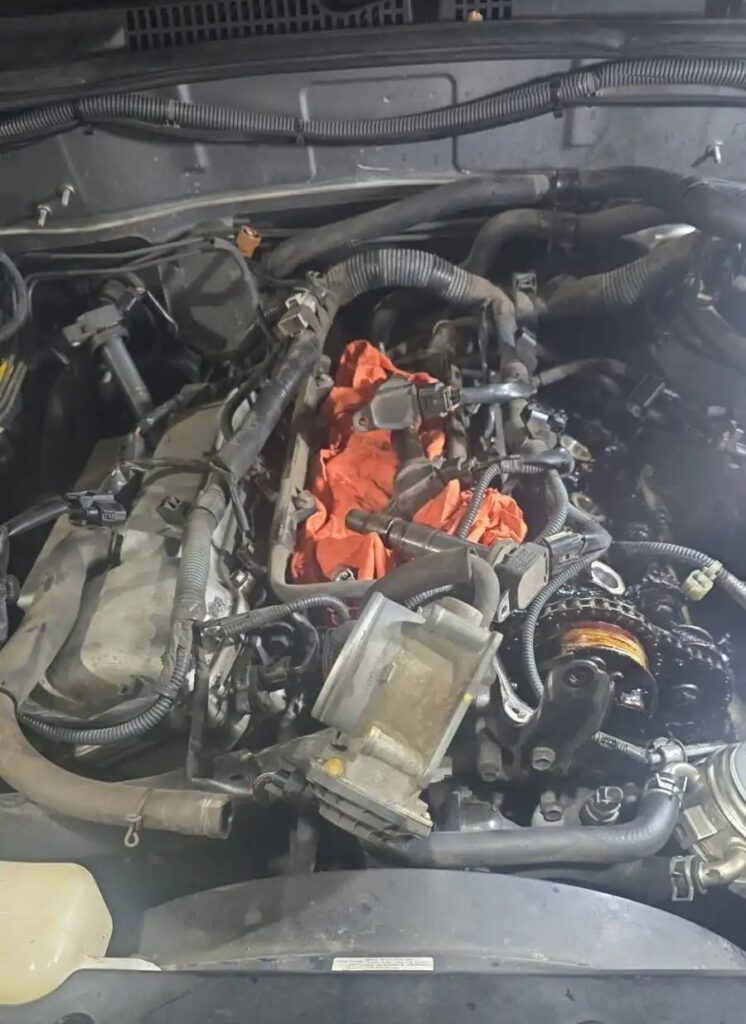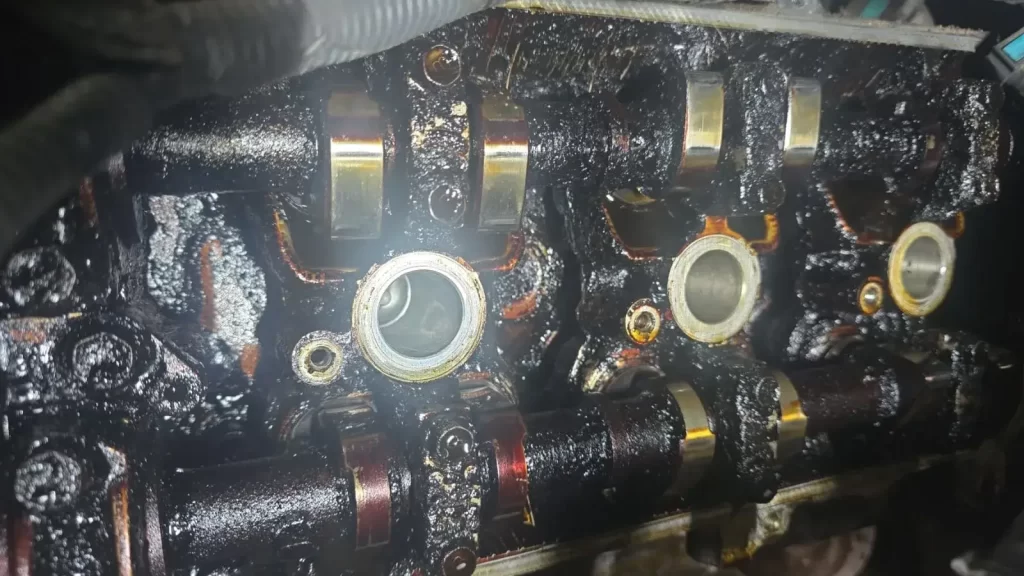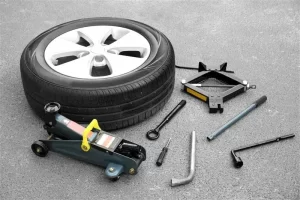When life becomes hectic, and the car appears in good condition, you ask yourself, “What’s another couple of weeks?” However, neglecting oil changes and car maintenance for an extended period may result in more costly and significant damage than you may anticipate.
It’s crucial to understand the consequences of skipping routine maintenance, whether you’re new to car ownership or simply trying to extend the interval between services.
Review the consequences of delaying or skipping an engine oil change or planned servicing.
Why Engine Oil Matters So Much

Consider engine oil to be an essential part of your vehicle’s engine. It helps ensure smooth operation, lubricates moving parts, prevents overheating, and removes impurities.
Without routine maintenance, oil deteriorates over time and loses its ability to perform its function. Oil that is dirty or deteriorated can cause significant engine issues, such as:
- Increased friction between parts.
- Overheating.
- Accumulation of carbon deposits and sludge.
- Decreased lifespan and efficiency of the engine.
In short, the longer you go without an oil change, the higher the risk of long-term damage.
What Skipping a Car Service Means
A standard car service involves more than just changing your oil. Mechanics inspect and replace various parts to maintain your car’s safe and effective operation.
Here’s what might be neglected when you miss a booked service:
- Treadwear and tyre pressure.
- Brake pads and fluid levels.
- Battery condition.
- Suspension and steering systems.
- Cabin and air filters.
- Transmission, differential, and coolant fluids.
- Spark plugs, hoses, and belts.
If these systems aren’t routinely inspected and maintained, minor problems can become significant (and expensive) fixes.
Consequences of Not Changing Engine Oil on Time
Let’s look in more detail at the potential consequences of delayed oil changes:
1. Engine Wear and Tear
Internal engine components experience less wear and friction when oil is used. Over time, unserviced oil thickens and loses its lubricating properties. This can cause internal damage and speed up the wear process.
2. Poor Fuel Economy
Fuel usage increases when an engine that is not maintained correctly has to work harder to accomplish the same task. You may be filling up more frequently than usual.
3. Sludge Build-Up
Engine channels get blocked with thick sludge from old, unclean oil. This limits the oil flow and may deprive essential engine parts of the lubricant they require, increasing the chance of engine failure.
4. Overheating
Your engine may overheat without adequate lubrication and cooling from clean oil, particularly in the sweltering Australian summer months or in stop-start traffic. Heat can damage gaskets and seals and cause engine parts to twist.
5. Engine Seizure
Degraded oil will not provide sufficient protection if left unattended for an extended period. An engine breakdown may result from this. Repairs can be unfeasible or cost more than the car is worth.
Signs You've Waited Too Long Between Services
Your car may begin to display warning indications if you’ve missed your last logbook service or if you’ve ignored the oil change light:
- The engine’s ticking or knocking noises.
- Too much exhaust smoke.
- Engine performance decline.
- Your dashboard’s warning lights.
- The smell of burning oil within or near the car.
It’s a good idea to schedule a service as soon as you see any of these. Even if your car appears to be “fine,” hidden problems may develop.
Impact on Warranty and Resale Value
Skipping routine maintenance can void your vehicle’s warranty, even if the manufacturer still covers it. The majority of warranties require prompt maintenance according to the logbook schedule.
Think about reselling even if you don’t care about the warranty. A thorough service record helps preserve the value of your car and gives prospective purchasers peace of mind that it has been well-maintained. Service record gaps might cause concerns and reduce the market value of your vehicle.
How Often Should You Change Engine Oil?
Most manufacturers advise changing engine oil every six to twelve months or every 10,000 to 15,000 kilometers, whichever comes first. However, this depends on your driving conditions, the type of oil you use, and the make and model of your vehicle.
When driving regularly in urban traffic or Australia’s harsher conditions, your car should be serviced more frequently. For specific guidance, see your mechanic or the owner’s manual.
The Cost of Skipping vs Servicing
Delaying an oil change or car repair service may seem cost-effective, but it will ultimately cost you more. The cost of emergency repairs is frequently higher than that of routine upkeep.
For example:
- The cost of an oil change could be less than $150.
- But it might cost thousands to refurbish or replace an engine.
- A few hundred dollars could be spent on a routine service that detects worn brake pads early.
- If you ignore it for too long, you can end up with broken calipers or rotors, which would be far more expensive.
Conclusion
Timely car service and routine engine oil changes are more than just “good maintenance”; they are crucial safeguards for your investment. Over time, a seemingly harmless delay may result in expensive repairs, decreased performance, or even engine failure.
Whether driving through Adelaide’s city streets or taking a lengthy road trip, you can ensure your car operates smoothly, safely, and effectively by keeping up with scheduled services and oil changes. A little work now could save you hundreds of dollars later.
Ultimately, prevention is always less expensive than treatment, particularly when it comes to car repair.






